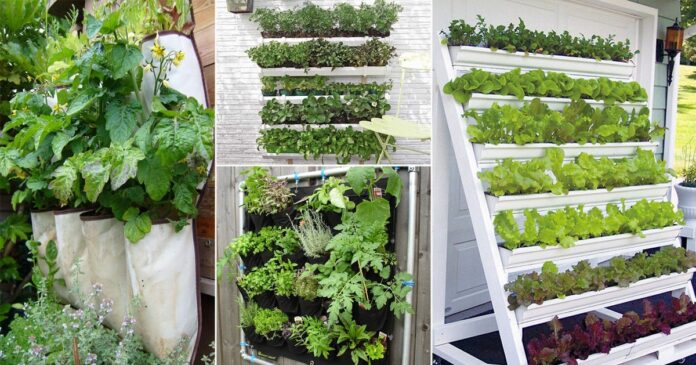In the hustle and bustle of Kenyan urban life, gardening may seem like a luxury for those in rural settings with plenty of land.
However, with a touch of creativity and careful planning, city dwellers can successfully grow their own vegetables, herbs, and even fruits—even in the smallest of backyards, balconies, or patios.
As food prices continue to rise across urban centres like Nairobi, Kisumu, and Mombasa, small-scale urban gardening is becoming a powerful solution for families seeking food security, healthier diets, and economic relief.
Beyond the cost savings, growing your own food ensures chemical-free meals and nurtures a deeper connection to nature—right in your living space.
Start Small, Start Smart
You don’t need acres of land to grow food. The key is to start small and smart. Look around your home—unused corners, balconies, or flat rooftops are potential mini-farms. Use recycled containers such as buckets, plastic basins, jerry cans, old tyres, or wooden crates. These can serve as planters. Ensure they have drainage holes to avoid waterlogging.
If you’re short on ground space, go vertical. Install wall-mounted racks, repurpose ladders for hanging pots, or use trellises for climbing vegetables like beans and cucumbers. Vertical gardening not only saves space but also adds aesthetic appeal to urban homes.
Pick the Right Crops
Select crops suited to container growing and Kenya’s climate. Easy and quick options include sukuma wiki (kale), spinach, terere (amaranth), spring onions, dhania (coriander), cherry tomatoes, and lettuce. Herbs like rosemary, basil, and mint are compact and thrive in pots.
Start with a few varieties to avoid being overwhelmed and expand gradually as your gardening confidence grows.
Soil Health and Watering
Healthy plants start with healthy soil. Create your own compost from kitchen waste—vegetable peels, fruit scraps, and eggshells—to enrich your garden soil. A mix of compost and regular soil provides nutrients essential for plant growth.
Watering is crucial, especially during dry spells. Most container gardens need daily watering, preferably in the morning. Avoid overwatering by checking that your containers drain well. A moisture-retaining mulch layer can also reduce water loss.
Seek Support and Community
Gardening can feel overwhelming at first, but you’re not alone. Join online communities such as Facebook’s Kenya Organic Gardeners or WhatsApp gardening groups for tips, seed exchanges, and moral support. You can also get advice from your local agricultural extension officer or visit the nearest Agricultural Training Centre.
More Than Just Food
Beyond putting food on the table, gardening is a therapeutic activity that reduces stress, improves mental health, and encourages sustainable living. It also provides an excellent opportunity for family bonding and teaching children about where food comes from.
Whether you’re on the 10th floor of a Nairobi apartment or living on a small plot in Nakuru, you can grow something. With a bit of effort and a lot of love, even the tiniest space can bloom.



















